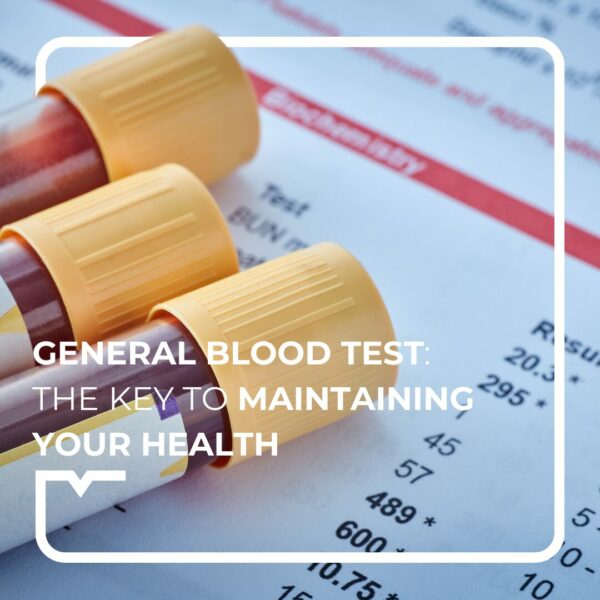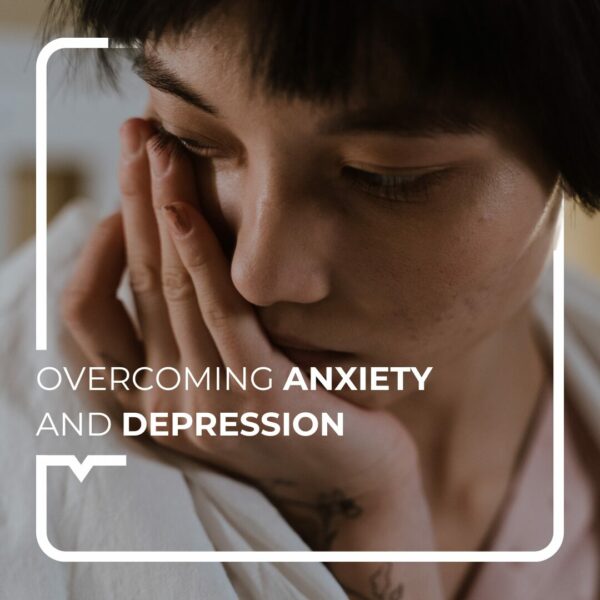Hello, I’m Dr Joy, and today we are talking about preventive medicine and screenings for women. Preventive medicine plays an essential role in preserving health at every stage of life. By encouraging early detection of health problems and prompt treatment, health screening makes a significant contribution to improving the chances of recovery and general well-being.
Although screening recommendations may vary from one European country to another, there are general guidelines that apply to many regions.
In this guide, I highlight the main screening tests recommended for women, providing a clear overview of the best ways to maintain their health.
Screening throughout life
- Skin examination
When ? Visit your family doctor or dermatologist once a year.
What ? Inspection of the skin to look for new moles, spots or changes in existing moles.
- Blood pressure screening
When ? From the age of 20, with regular check-ups. If blood pressure is normal (below 120/80 mmHg), checks can be carried out every two years until the age of 40, then annually thereafter.
What ? Have your blood pressure checked by your family doctor.
- Cholesterol and triglyceride screening
When ? Every 2 years.
What ? Blood test
Screenings from the age of 25
- Screening for cervical cancer
For whom ? Women aged between 25 and 29.
What ? A cytological examination (smear test) at 25, 26 then 3 years later if the results of the 2 previous ones are normal.
- Screening for sexually transmitted diseases
For whom ? People who have doubts about whether they have been contaminated following a high-risk situation. Get more information here.
What ? HIV, hepatitis B and C, syphilis, chlamydia and gonorrhoea
Screenings for women between 30 and 50
- Cervical cancer screening
For whom ? Women aged between 30 to 65.
What ? HPV-HR test every 3 years if the results are normal after an initial cytological examination. Unlike the cytological examination, which looks at the appearance of the cells, the HPV-HR test looks for the presence of the high-risk HPV virus in women. It replaces the cytological examination of the smear.
- Diabetes screening
For whom ? From the age of 35 for people with risk factors.
What ? Fasting blood glucose test.
- Cardiac check-up
For whom ? Women aged 45.
What ? Cardiac and pulmonary auscultation, ECG, stress test
Screenings for women at 50
- Breast cancer screening
For whom ? Women aged 50 to 69.
What ? A mammogram every 2 years.
- Colorectal cancer screening
For whom ? From age 50
What ? Faecal occult blood tests every 2 years and/or colonoscopy.
- Screening for osteoporosis
For whom ? Women aged 65.
What ? Bone mineral density tests
- Lung cancer screening
Who : Regular female smokers aged between 50 and 80.
What : Low-dose computed tomography (CT).
- Screening for age-related macular degeneration (AMD)
Who : Women aged 50 and over.
What : Annual fundus examination by an ophthalmologist.
Specific cases : If you have a family history of cancer, you may need to be screened more frequently or use different methods. Speak to your doctor for personalised recommendations.
If you find that you are not up to date with your screening, talk to your family doctor. They will be able to tell you what tests are needed and guide you through them.
Source :
https://www.ameli.fr/
https://www.santepubliquefrance.fr/
https://sicnoticias.pt/especiais/olhar-pela-saude/2023-01-14-Saude-da-mulher-que-exames-e-rastreios-devo-fazer-em-cada-fase-da-vida–f7e23dbe
This information is not a substitute for medical advice.
You must seek the advice of your doctor or another qualified health professional with any questions you may have regarding your health condition.



